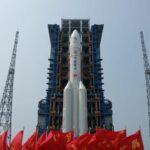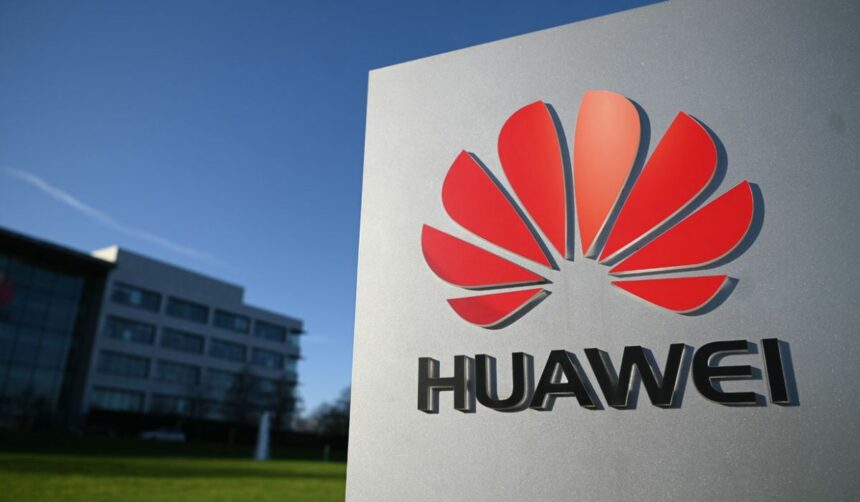Huawei, a Chinese tech company, made its latest attempt to establish itself as a key participant in the electric vehicle market on Wednesday by launching a new software brand, Qiankun, for intelligent driving.
At an event held before the Beijing auto show, Jin Yuzhi, (IAS) business unit, announced plans to provide self-driving systems involving the driving chassis, audio system, and driver’s seat under the new brand Qiankun.
The two words that make up the Qiankun brand are Qian and Kun. The latter denotes the Kunlun Mountains, while the former refers to heaven. The new brand’s name represents reaching new heights in industry leadership and strengthening ties to master core technicians.
When Huawei formed the division in 2019, it joined the smart car market. The company established this to become a fixed supplier in the automotive sector, similar to Germany’s Bosch, which now supplies key electric vehicle manufacturers with sophisticated software and auto components.
The technology corporation with its headquarters in Shenzhen, China announced in November that it would spin off its automotive division into a new business that will receive the fundamental technologies and resources of the company.
The company went on to say that it will also welcome large investments from partners like Changan Auto.
“2024 will be the first year for mass commercialisation of smart driving and the cumulative number of cars on road equipped with the Huawei self-driving system will top 500,000 by the year-end,” Jin said.
In collaboration with Chinese automakers, it has also revealed seven EV vehicles, all of which Jin claimed are doing well on the sales front.
These include the Luxeed S7 sedan, which was co-developed with Chery, two models with Changan Auto-backed Avatr, one with Beijing Automotive Group (BAIC)-owned Arcfox, and three Aito brand cars under a partnership with Seres. We earlier reported that shortly after lowering pricing in the US, Tesla, the leading manufacturer of Electric Vehicles (EVs), has announced steep price reductions in China and Germany as it deals with diminishing sales and escalating competition in key countries.










